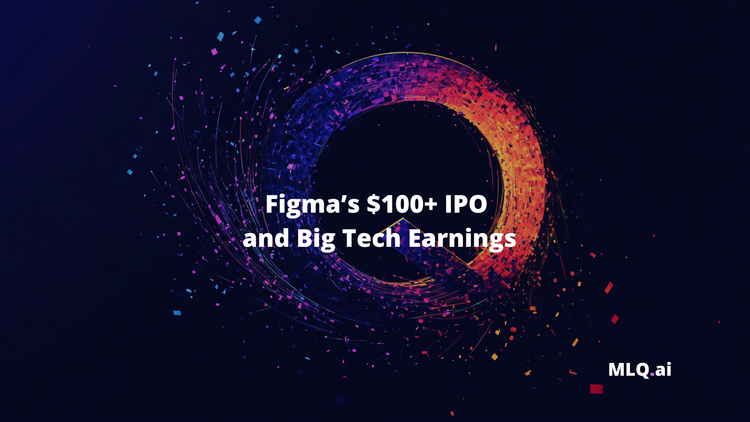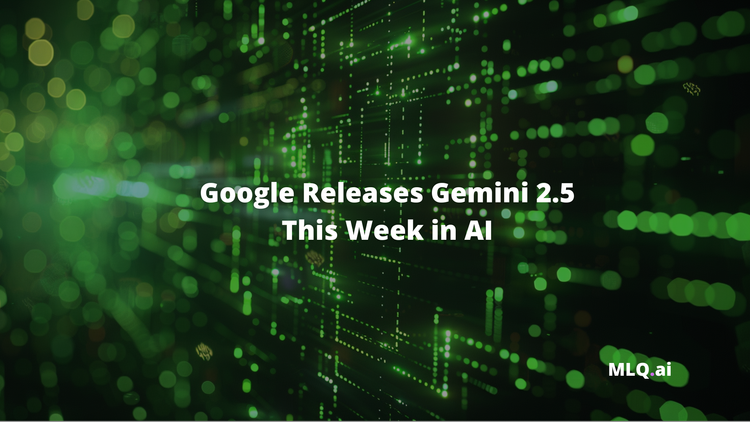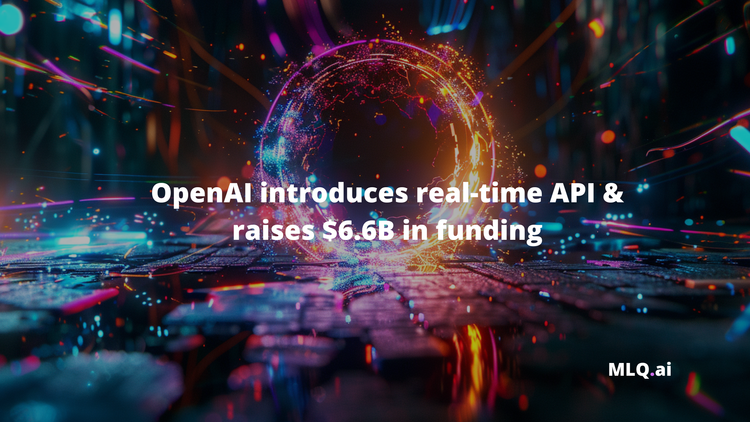Welcome to our This Week in AI roundup. Our goal with this roundup is to provide an overview of the week's most important news and industry developments.
This week we have stories about DeepMind, applications of AI in fintech, and Tesla's new supercomputer.
DeepMind Wants to Use AlphaFold to Cure Neglected Diseases
DeepMind has been working on AlphaFold—an AI that could predict the structure of proteins—for years. The company is now moving on to real-world applications of finding new treatments for sleeping sickness, Chagas disease, and Leishmaniasis. As DeepMind’s head of AI for science, Pushmeet Kohli says, there are three main things they want to do with AlphaFold:
One is to expand what can be done in terms of structure prediction, the second is to accelerate that process, and the third is to make this technology accessible to people who don’t have access to complicated, expensive machines.
Stay up to date with AI
3 Applications of AI in Fintech
There's no question that AI is on the verge of revolutionizing the fintech industry. The average consumer may be unaware of how AI is already being employed by companies behind the scenes, although it has the potential to assist the financial industry in investment management, combating fraud, improving client experiences, and increasing efficiencies. Below are three applications of AI in fintech:
AI In Banking
Fraud in digital banking will cost financial institutions $16.9 billion in 2019, according to a report by the DoJ and DoT. Financial institutions are using AI to better detect and stop fraud in digital channels. Banks can identify suspicious activity and estimate risk levels in real-time using AI to evaluate data, allowing them to spot fraud as it occurs.
AI In Investing
AI is being used by financial firms to make better investment decisions and manage people's asset portfolios. It's estimated that AI-powered robo advisers will manage more than $4 trillion in assets for clients around the world by 2022. Complex operations, such as tax-loss harvesting and retirement planning, can also be improved by machine learning.
Another example of AI in investing is the MLQ app, which provides sentiment analysis, ML-based estimates, crypto on-chain analysis, and more.
AI-Powered Payments
Over the next few years, the author predicts further growth in the use of AI in digital payments. He predicts a frictionless, checkout-free experience at any retail store or other location where you would normally encounter a point-of-sale system.
Tesla Unveils 5th Most Powerful Supercomputer in the World
Tesla has unveiled a new supercomputer that will be used to train the neural nets powering Tesla's Autopilot and upcoming self-driving AI. Below are a few of the specs, which Telsa claims make it roughly the fifth most-powerful computer in the world:
- 720 nodes of 8x A100 80GB. (5760 GPUs total)
- 1.8 EFLOPS (720 nodes * 312 TFLOPS-FP16-A100 * 8 gpu/nodes)
- 10 PB of “hot tier” NVME storage @ 1.6 TBps
- 640 Tbps of total switching capacity
Blockchain Analytics: 14 On-Chain Terms to Know
In this guide to blockchain analytics, we discuss 14 key terms that every crypto on-chain analyst, trader, and investor should be aware. Through analyzing blockchain data, on-chain analysts and investors are able to gain insights into what other participants in the network are doing through data such as:
- Large transaction activity
- New network growth
- Exchange inflows and outflows
- Mining activity
- and more
That's it for this edition of This Week in AI, if you were forwarded this newsletter and would like to receive it you can sign up here.






